Strengthening communities by supporting the nonprofit workforce
Candid
NOVEMBER 20, 2024
Below the ALICE Threshold” includes workers who live in poverty and those we call ALICE ® — A sset L imited, I ncome C onstrained, E mployed—who earn above the federal poverty level but still can’t afford the basics. We also need consistent data and policy solutions.

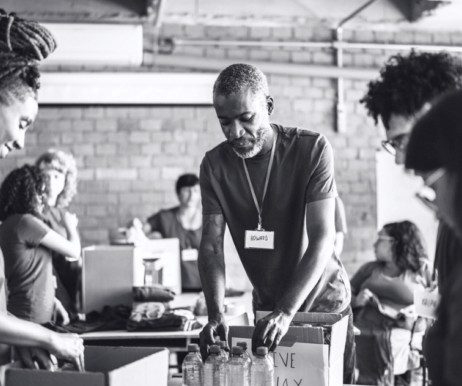



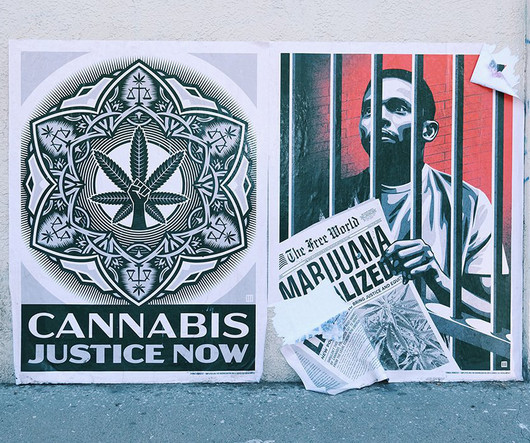


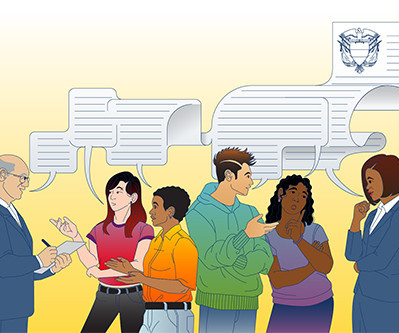

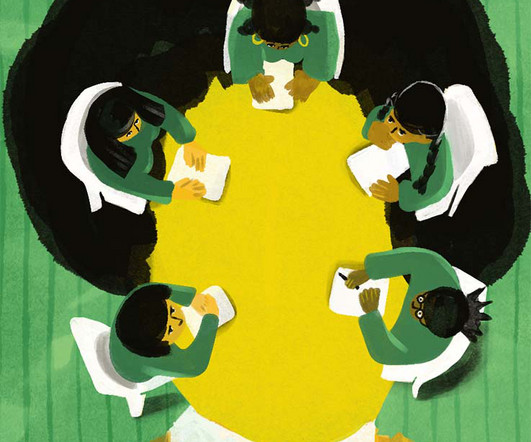


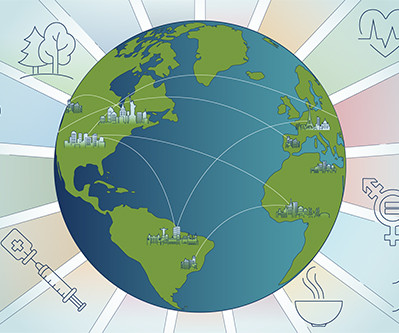







Let's personalize your content